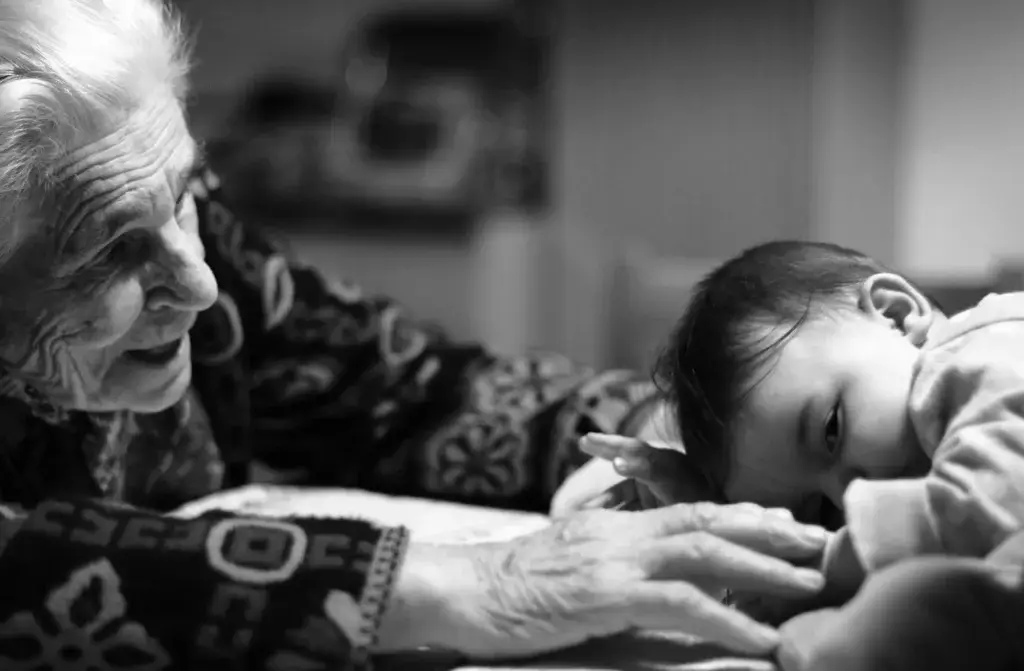An advance care directive is a document that communicates a person’s wishes for their healthcare and end-of-life care. It allows individuals to express their preferences for medical treatment and to appoint a healthcare proxy to make decisions on their behalf in the event they are unable to do so themselves.
Two common types of advance care directives are a living will, which outlines specific medical wishes, and a healthcare power of attorney, which designates someone to act as a healthcare proxy. It’s important to note that state laws vary, so it’s essential to ensure that any advance directive is compliant with local regulations. Resources such as local hospitals, hospice centers, and seniors’ organizations may be able to assist with the preparation of an advance care directive, or individuals can consult an attorney who specializes in elder law.
It’s worth noting that advance directives can have their limitations, as it’s impossible to predict every possible scenario or how a person’s feelings may change over time. However, the process of discussing end-of-life wishes can be valuable for individuals and families as it helps clarify values and preferences for medical treatment. It may also be helpful to have a conversation with a doctor about potential medical scenarios to help guide decision making. It’s also important to remember that a person’s spoken wishes always take precedence over any written ones.
To ensure that your advance care directive is effective, it’s essential to take the following steps:
- Make a copy and ensure that anyone named as a proxy in a durable power of attorney for healthcare has a copy and understands the goals for medical care
- Discuss the wishes with medical staff and ensure that a copy is placed in the person’s permanent medical record
- Inform family members and have ongoing discussions to ensure that wishes are understood and can be followed
- Repeat these steps periodically, as circumstances may change over time.


